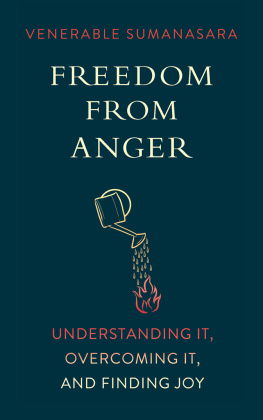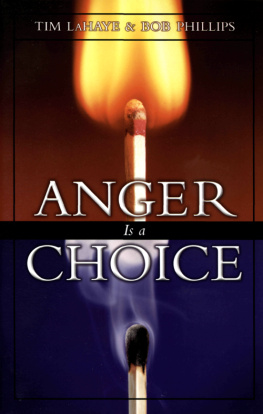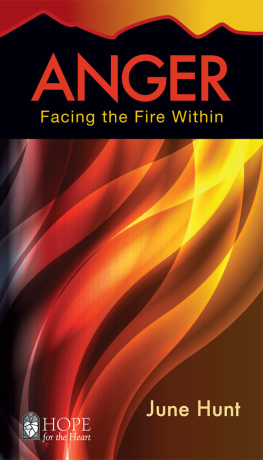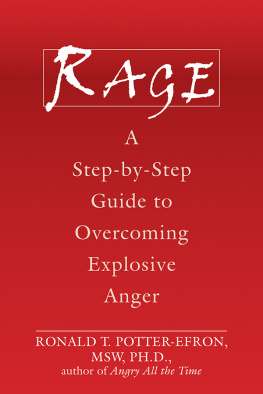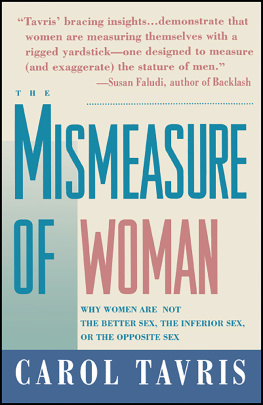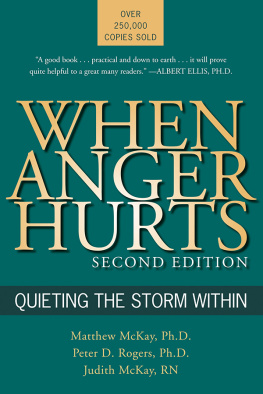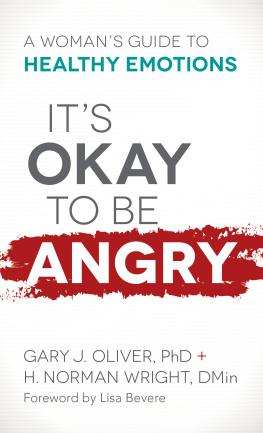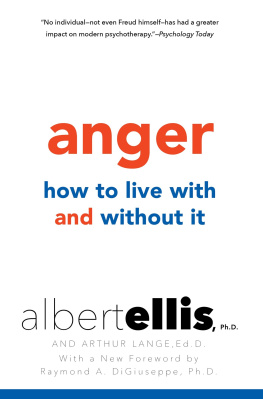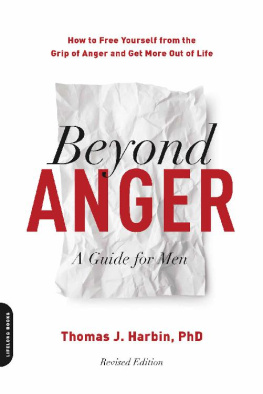FREEDOM FROM ANGER

EXTINGUISH ANGER FOREVER AND FIND TRUE HAPPINESS WITH THIS STEP-BY-STEP GUIDE.
ANGER IS A POISON THAT RUINS HEALTH AND DAMAGES relationships. In todays fast-paced and reactionary world, its all too easy for anger to grab hold of us and not let go.
This timely book offers practical advice on how to put aside anger and ego and embrace laughter and reason. Like a friendly family physician, Venerable Sumanasara helps you see what triggers your anger, what effect it has on you, and what you can do about it. In bite-sized chapters, he offers wisdom, along with a laugh, that you can use to lead a healthier, happier lifefinally freed from anger.
Ven. Sumanasaras friendly tone and plain way of speaking reveal the ridiculousness of anger.
SYLVIA BOORSTEIN, AUTHOR OF HAPPINESS IS AN INSIDE JOB

Born and trained as a monk in Sri Lanka, VEN. ALUBOMULLE SUMANASARA is a teacher and bestselling author now based in Tokyo. He is widely known and beloved for his teachings and writings on the practical application of Buddhist thought.
TABLE OF CONTENTS
Its normal to get angry.
Whats wrong with getting angry?
If you dont get angry, it means you arent passionate about what you do.
THE WORLD SEEMS to be full of angry people. Im sure you know at least a few of them; people who use strong language and act abusively, creating uncomfortable situations for others. Some people even consider the ability to get angry to be a sign of ones importance and power.
This is not good. Anger is not a trivial emotion of the mind that we can take lightly. I became angry is the equivalent of admitting, I reacted foolishly, and I was a failure. Anger should be considered a serious matter.
Nowadays, many people talk about their anger freely and with little concern. It seems that they have no proper understanding of the malignant and devastating nature of anger. If you let anger inhabit your mind, you have opened yourself to a life full of suffering, failures, and unhappiness. Anything can irritate an irritable person, like a man who gets upset at grass for being green.
Sharing your life with anger is contrary to the universal law of living: humansand every living beingseek happiness, not suffering and failure. So let us spend some time together learning about anger, the enemy of joy.
PEOPLE OFTEN TELL ME, I didnt want to get angry, but somehow I just did The solution to this problem is very straightforward, simple, and complete: Dont get angry. Let go of anger. Just blow it out.
Its actually quite obvious, isnt it? Dont get angry, and you wont be an angry person. Theres no other solution.
Some of you may be thinking, Thats true! All I need to do is not get angry. Ill just stop. If you truly understand and believe this, then you have learned the lesson and can stop reading this book now, and go and live a happy life. Well done!
But most people who hear this advice simply reply, I know that already, but I cant stop. Thats why Im asking for help. Such people, you see, naturally give in to anger, whenever and wherever, as much as they like. But they also know somewhere inside themselves that they should not be reacting in that way, they know that to become angry is wrong, and so they look for a way to resolve this internal conflict.
Everyone occasionally feels a strong urge to get angry. But before surrendering to anger, just observe the internal conflict of your mind. If you pay attention, youll find that there is a warning signal against being angry, but people fail to heed it. Out of the two urgesget angry or resist angerpeople easily select the first choice. Then, in order to feel better, they fool themselves and say that they didnt want to become angry.
You can see the truth of this, cant you? You become angry because you have given anger a free pass to overcome your other emotions whenever possible. Saying you didnt really want to be angry is dishonest. People who truly dont want to get angry do not. They take great care not to. They can maintain their composure. Only a very few things can upset them. Even if they do become upset about something, they immediately feel shame and correct their behavior.
Buddhism has no interest in finding tricks for disguising or diverting anger. Life is short and should be spent on working to make oneself a better person; there is no time to fool around with ones own life. Do you seek happiness? If you do, then you should begin by admitting, Sometimes I do want to get angry. I am not perfect.
The next step is then to learn about anger: what it is and why it happens. Understanding the problem is the first step toward solving it.
WHEN THE BUDDHA TAUGHT about anger, he began by defining it clearly.
Anger, like love, is an emotion that can manifest suddenly in the mind. When we see our family or loved ones, the feeling of attachment and love quickly arises. Similarly, eating when you are hungry, or even looking at delicious food, can also give rise to immediate pleasure. In the same way, anger can appear instantly, seemingly without warning.
Our lives are defined by these two emotions: love (which can give rise to attachment) and anger. These are the motive forces of our lives; they are the two sides of the same coin. Now it should be quite easy to understand the nature of anger. Your life, like a coin, cannot stand vertically; it has to show either heads or tails.
If you want a simple test for whether you are angry at any given moment, ask yourself, Do I feel good? Am I happy right now? If the answer is Not especially or even Im bored, then you have anger lurking somewhere within you. Boredom and displeasure are symptoms of anger. When you feel pleasure, happiness, or positive excitement, then you cannot be angry. A sense of well-being indicates the absence of anger.
Please think about anger in this waynot just as a definition of the word, but as an understanding of the feeling within youfor this will allow you to recognize it better when it arises.
EMOTIONS CAN BECOME AMPLIFIED, and when they do they take on a new character. For this reason, we need different words to distinguish among the different degrees of the same basic emotion.
Think of it in the same way as electricity. The electrical current that flows through the wiring in our homes is not particularly strong. We even have some almost-imperceptible electricity flowing through our bodiesabout enough to power a small light bulb. On the other hand, when millions of volts of energy build up as static electricity in the air and discharge, the result is a lightning strike. Although the electricity in a bolt of lightning and a nine-volt battery may appear to be very different, they are fundamentally the same phenomenon. The difference is only one of degree. Your body can absorb the weak current from a small battery without being harmed, but touching the power line that leads into your home could cause a fatal shock or start a fire. As power grows, its nature changes.
Let us now look at how this relates to anger. When you think, Im really bored right now, the anger you feel is not so severe. But if that same feeling were to become stronger and stronger, it can become dangerous, just like the difference between a mild spark and a thunderbolt. So just as we distinguish between a batterys weak current and lightning, we need different words for the various forms and degrees of anger. The following are Pali terms for different types of anger:

